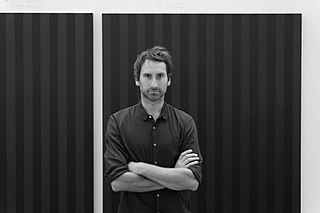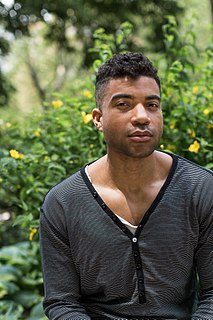A Quote by Brian Fallon
When you finish a record, I look at it like a photograph. It's already taken. You got it the way you wanted it to be. You edit it, make sure the light and contrast are right, then you just put it away, and that's your photograph. Then you don't really think about it anymore.
Related Quotes
If you look at a photograph, and you think, 'My isn't that a beautiful photograph,' and you go on to the next one, or 'Isn't that nice light?' so what? I mean what does it do to you or what's the real value in the long run? What do you walk away from it with? I mean, I'd much rather show you a photograph that makes demands on you, that you might become involved in on your own terms or be perplexed by.
I don't really remember the day when I stood behind my camera with Henry Kissinger on the other side. I am sure he doesn't remember it either. But this photograph is here now to prove that no amount of kindness on my part could make this photograph mean exactly what he.. or even I.. wanted it to mean. It's a reminder of the wonder and terror that is a photograph.
there is this one photograph... that is just beautiful. it would be impossible to describe how beautiful it is, but i’ll try. if you listen to the song “asleep,” and you think about those pretty weather days that make you remember things, and you think about the prettiest eyes you’ve known, and you cry and the person holds you back, then i think you will see the photograph.
Today's photographers think differently. Many can't see real light anymore. They think only in terms of strobe - sure, it all looks beautiful but it's not really seeing. If you have the eyes to see it, the nuances of light are already there on the subject's face. If your thinking is confined to strobe light sources, your palette becomes very mean - which is the reason I photograph only in available light.
It's like he would take a photograph of Sam, and the photograph would be beautiful. And he would think that the reason the photograph was beautiful was because of how he took it. If I took it, I would know that the only reason it's beautiful is because of Sam. I just think it's bad when a boy looks at a girl and thinks that the way he sees the girl is better then the girl actually is. And I think it's bad when the most honest way a boy can look at a girl is through a camera. It's very hard for me to see Sam feel better about herself just because a boy sees her that way.
A photograph never grows old. You and I change, people change all through the months and years but a photograph always remains the same. How nice to look at a photograph of mother or father taken many years ago. You see them as you remember them. But as people live on, they change completely. That is why I think a photograph can be kind.
... I'm sort of a nervous person with the camera, so I will just shoot arbitrarily until I can focus and compose something, and then I make a shot. So generally, in [the] proof sheets, there are only three or four really concentrated efforts to take a photograph. It's not like a professional kind of person who sets it up so every photograph looks really cool.
The way in which the photograph records experience is also different from the way of language. Language makes sense only when it is presented as a sequence of propositions. Meaning is distorted when a word or sentence is, as we say, taken out of context; when a reader or listener is deprived of what was said before, and after. But there is no such thing as a photograph taken out of context, for a photograph does not require one. In fact, the point of photography is to isolate images from context, so as to make them visible in a different way.
I guess my choice of medium depends on how I want to interpret the idea. Sometimes the interpretation works best in a photograph, and then sometimes it works best in a drawing. But most often times, with the work, everything starts with the diorama with the photograph. Then I'm just filtering out ideas and images from the photograph and reinterpreting them in other mediums.



































